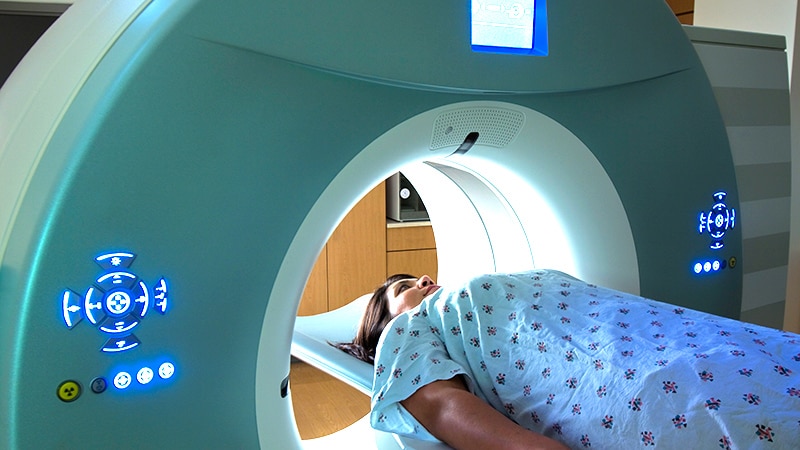Impact of COVID-19 on Cancer Diagnoses in Alberta, Canada
Core Concepts
Pandemic restrictions led to delayed cancer care, impacting early-stage diagnoses significantly.
Abstract
During the COVID-19 pandemic, cancer diagnoses in Alberta, Canada, notably decreased, especially affecting early-stage cancers. The study analyzed data from the Alberta Cancer Registry, showing a significant drop in breast cancer, prostate cancer, colorectal cancer, and melanoma diagnoses during the state of emergency. The delay in diagnoses was particularly pronounced for cancers targeted by screening programs. While urgent cancer care remained a priority, screening programs for breast, cervical, and colorectal cancers were suspended during the pandemic, leading to potential long-term effects on cancer outcomes. Efforts to catch up on screening are crucial to mitigate the disruptions caused by the pandemic.
Cancer Diagnoses Dropped During COVID-19 Emergency
Stats
The rate of melanoma diagnosis decreased by 43% during the state of emergency.
Rates of breast cancer, colorectal cancer, prostate cancer, and melanoma diagnoses were significantly reduced during the state of emergency, decreasing from 33% to 43%.
Each delay of 4 weeks in surgery for common cancers could result in a 6% to 8% increase in the risk of mortality.
Quotes
"What was most interesting about that was that the largest drops were observed in early-stage cancers." - Darren Brenner, PhD
"It's not enough for the screening services to return to the prepandemic level, because you've accrued a backlog." - Linda Rabeneck, MD, MPH
Key Insights Distilled From
by Gwendolyn Ra... at www.medscape.com 06-14-2023
https://www.medscape.com/viewarticle/993203
Deeper Inquiries
How can healthcare systems ensure the continuity of cancer screening during emergencies?
During emergencies like the COVID-19 pandemic, healthcare systems can ensure the continuity of cancer screening by implementing telehealth services for initial consultations and follow-ups, promoting at-home screening kits for certain cancers, and utilizing mobile screening units to reach underserved populations. Additionally, healthcare providers can prioritize high-risk individuals for screening appointments, implement strict infection control measures in screening facilities, and collaborate with community organizations to raise awareness about the importance of cancer screening.
What strategies can be implemented to address the backlog of cancer screenings caused by the pandemic?
To address the backlog of cancer screenings caused by the pandemic, healthcare systems can implement strategies such as extending screening hours, hiring additional staff to increase screening capacity, prioritizing high-risk individuals for screenings, and utilizing technology to streamline the screening process. Additionally, healthcare providers can collaborate with primary care physicians to identify individuals who missed screenings during the pandemic and encourage them to schedule appointments. Public health campaigns can also be launched to educate the community about the importance of catching up on missed screenings.
How can public awareness campaigns encourage individuals to prioritize cancer screening despite disruptions like the COVID-19 pandemic?
Public awareness campaigns can encourage individuals to prioritize cancer screening despite disruptions like the COVID-19 pandemic by emphasizing the importance of early detection in improving treatment outcomes. These campaigns can highlight the safety measures implemented in screening facilities to reassure individuals about the risks of COVID-19 transmission. Additionally, campaigns can target high-risk populations, provide information about the availability of screening services, and address common misconceptions or fears about cancer screenings. Collaborating with healthcare providers, community organizations, and local media can help amplify the message and reach a wider audience.
0
